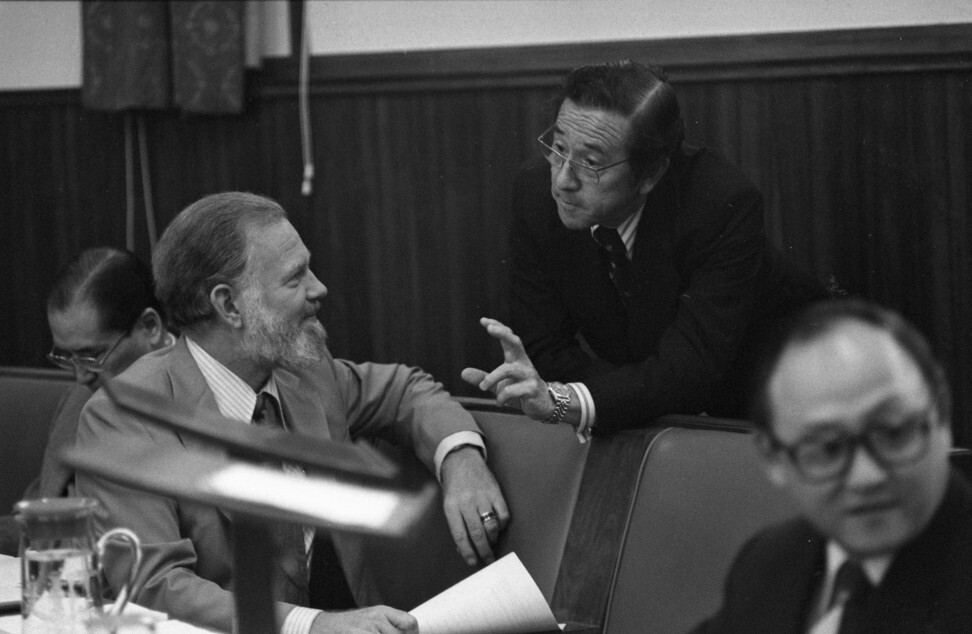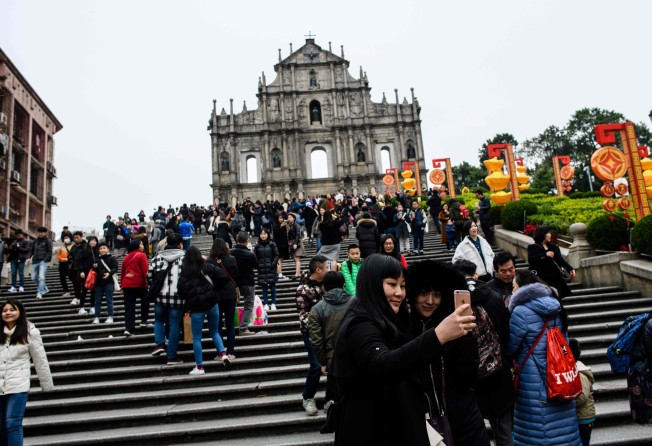
Portuguese spirit lives on in Asia as a positive reminder of the old days
- The negative aspects of the Portuguese colonisation of Asia should be balanced by a recognition of the contribution to local culture and society
- The superiority complex sometimes ascribed to Asian Portuguese unfairly belittles their achievements in Hong Kong and Macau

I refer to Jason Wordie’s opinion piece “Busting the myth of Portugal’s ‘benign’ colonial influence in Asia” (September 13). While some points raised in the article are indeed valid, Mr Wordie does not refer to any positive aspect of the Portuguese presence in Asia, which would help balance his opinion and debunk his conclusion.
The Portuguese presence in Asia is one of the longest from the Western countries, spanning over five centuries. The Portuguese were the first European colonising power to arrive on the continent and the last to leave, with a consensual return of the sovereignty of Macau, which now prospers in stability and growth.
It is worth remembering that Macau, as a territory, was peacefully ceded to Portugal as a commercial outpost initially in 1557, and for which they paid rent to China, being the first European commercial holding in the country.
Some of the first British settlers who came to Hong Kong after the occupation had been living in Macau, which gave them the chance to learn more about the Chinese culture and language. That is fair evidence that the exposure of the British to Chinese ways in the Portuguese colony was of added value when they moved to the then recently occupied Hong Kong (with the aim of doing business with China).
Another target of the article are the Asian Portuguese, whom he refers to as adopting an air of superiority around their local peers. Also known as Luso-Asians, they spoke three languages in a native manner (Chinese, English and Portuguese) and this made them highly sought after by companies, thus allowing them to rise to prominent executive positions. The most notable example was HSBC, which had a number of Asian Portuguese among its ranks.
And the legacy lives on, with a number of illustrious Portuguese recognised for their contribution to society, such as José Pedro Braga, Arnaldo de Oliveira Sales and Sir Roger Lobo – I cannot see how being proud of their heritage equates to any arrogance.

Mr Wordie also takes a swing at the Roman Catholic beliefs of Asian Portuguese. While the Church may have had its different ways in Europe, in Asia the missions were mostly of peace and respect for local culture. Missionaries, aside from obviously spreading the faith, contributed significantly in the field of education, which at the time was substantially basic. Having received such education, it is only normal that people would then relate to the Church.
The Portuguese spirit lives on in Asia as a positive reminder of the old days, though it is bound to be assimilated progressively by the more dominant cultures in society.
Jose Alvares, Macau